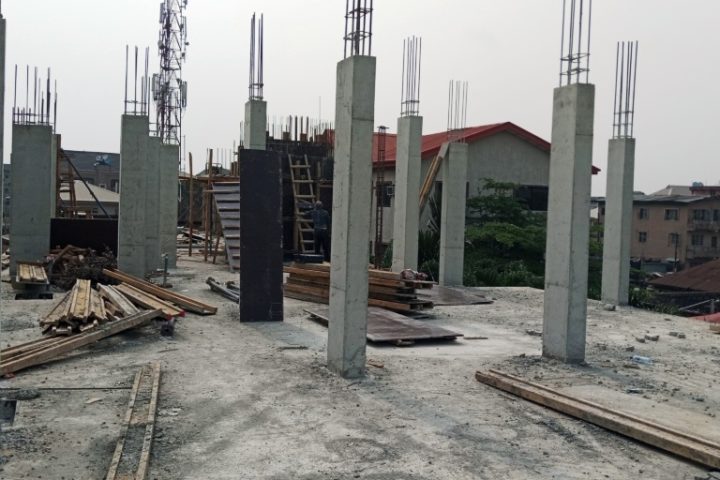Developers embrace government incentives for affordable housing
Developers in Cyprus have welcomed the Cabinet’s approval of a set of incentives for the construction of affordable housing units, promising a dynamic shift in the island’s real estate landscape, which has become financially burdensome for Cypriots.
Stelios Gavriel, the Secretary of the Federation of Cyprus Building Contractors Associations (OSEOK), said in an interview with state radio CyBC, that developers are already strategising on how to leverage the scheme and overcome financing challenges.
Last week, the council of ministers gave the green light to new construction incentives proposed by the Interior Ministry.
The objective is to make approximately 800 residential units available in the market at an affordable price for both purchase and rental within the next three years.
As part of a strategic initiative to stimulate affordable housing development, the government has introduced a groundbreaking housing policy.
Landowners with a building block exceeding 1,000 sq.m. and a building coefficient above 100% now have access to a lucrative 45% additional building factor. In contrast, plots below 1,000 sq.m. will see a 25% increase in property development.
These incentives are specifically tailored for developers, with the scheme aiming to promote affordable housing through additional building coefficient.
Out of the 45% boost, 25% is earmarked for affordable home construction, while the remaining 20% is left to the discretion of the developer.
In the event that build units remain unsold, the state-owned Cyprus Land Development Corporation acts as a safety net.
Houses unsold within two years become the responsibility of the organisation, which purchases and integrates them into the affordable rent concession programme.
Available liquidity
Gavriel emphasised that while the new incentives are attractive to developers, interested parties will need to secure investors with available liquidity for larger projects.
“To put it in simple terms, if a developer will be building 100 apartments, with the scheme he will be allowed to build an additional 45, of which 25 must be made available at cost,” said Gavriel.
He explained that developers, with the new scheme, can build additional units, of which 25% must be made available at low cost.
For those choosing to rent out the 25% of units built with the extended building coefficient, a 30% discount on average prices for the same category property would apply.
He added that developers will need to find investors with cash and willing to play the long game before seeing any return on their investment from the additional housing units.
Gavriel noted that finding investors with cash and a willingness to play the long game is essential, as banks remain hesitant in providing loans to developers, who in turn must rely on self-financing or find affluent investors.
“While there is a great demand for housing, with rents and prices going up, banks keep a tight lid on loans to developers. Most projects are self-financed, as developers turn to investors for funding,” he explained.
“We are on the same page with the government’s plans to increase the stock of housing units in the market, while bringing down purchase costs and rents for fellow citizens in need,” he commented.
Gavriel expressed alignment with the government’s plans to increase the housing unit stock, aiming to reduce purchase costs and rents for citizens in need.
He anticipates a growing demand in the coming years, especially as Cyprus gains popularity as a relocation destination for fintech and high-tech companies, thanks to government incentive schemes.
Marginalisation
Real estate agents corroborate the high demand for housing, which has led to soaring prices and marginalisation of Cypriots from the market, particularly in coastal cities.
Eleni Averkiou of Danos/BNPRE Group explained to the Financial Mirror the challenges of renting in Limassol, describing it as a “mission impossible” due to long waiting lists and the dominance of high-earning expatriates willing to pay significantly higher rents than locals.
Averkiou pointed out that, “well-paid executives are willing to pay above the minimum wage, around €1,000, just for a studio flat. Highly paid employees are able and willing to pay up to €2,000 rent for an apartment, pushing up prices, creating a shortage of flats”.
“As a result, estate agencies have long-waiting lists on their hands, with students and families essentially being excluded from renting in the city,” added the real estate expert.
The rental situation is particularly dire for students, with costs ranging from €500-700 a month for a second-class studio outside the city centre.
Rents for a one-bedroom flat start at €700, while a two-bedroom flat would cost between €1,000 to €1,200 per month.
Three-bedroom flats cost between €1,500 to €2,000.
“When it comes to new apartments, prices are well over the €2,000 mark,” she said.










